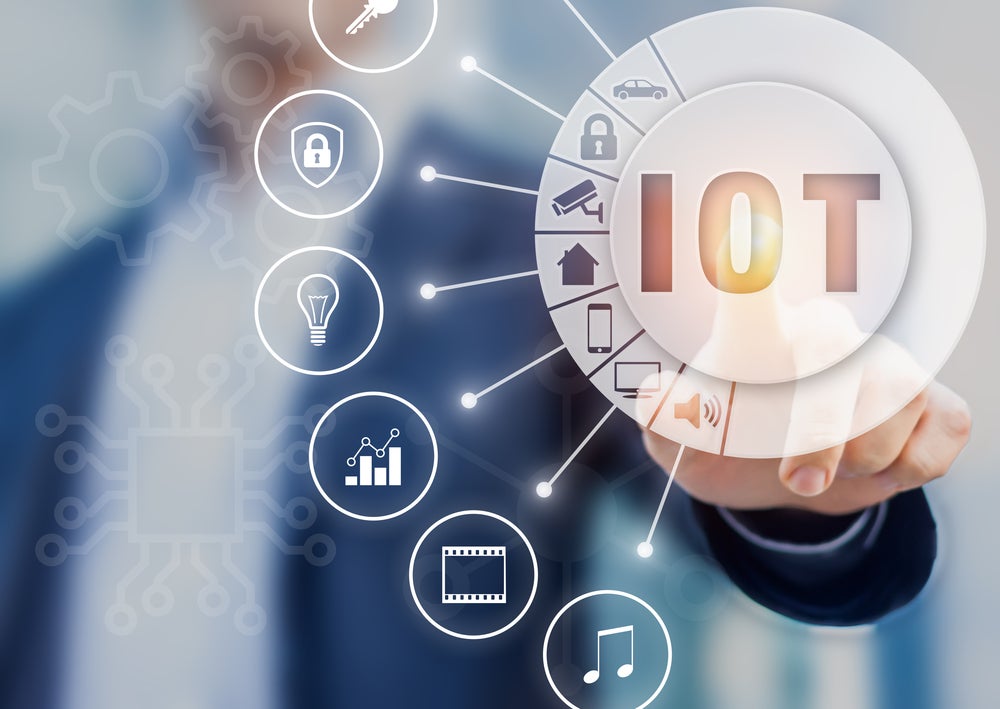
Countries of different classifications have over the years viewed foreign direct investment (FDI) as a potent driver of economic development. It stimulates economic growth, creates employment opportunities and promotes the transfer of skills, knowledge and technology, among other advantages that it brings about.
Recently, integrating innovative technologies in FDI to increase the value of foreign investment has been an increasing trend. This has been undeniably caused by the growing demand for digital transformation and the necessity to adopt innovative solutions to stay competitive and relevant in today’s rapidly changing global economy.
How innovative technology and FDI became intertwined
Investing companies nowadays capitalise on artificial intelligence technologies to analyse market trends and customer behaviour, enabling them to make more informed decisions about where to dedicate their resources. AI can also be used in automating business processes, thereby resulting in cost reduction, increased efficiency and more. Major tech companies such as Google and Microsoft, for instance, have greatly invested in AI breakthroughs, making them a major part of their customers’ day-to-day lives.

Another innovative technology being integrated into FDI includes big data analytics, which IBM defines as “the use of advanced analytic techniques against very large, diverse big data sets that include structured, semi-structured and unstructured data, from different sources, and in different sizes”. With the availability of huge quantities of data, big data analytics can help investors gain insights into customer preferences, behaviour and market trends, supporting them in making data-driven investment decisions.
To improve transparency and accountability in FDI transactions, meanwhile, blockchain technology comes as a great advantage. With blockchain technology, the risks of fraud and corruption can be significantly reduced. It does this by providing an audit trail documenting the origin of assets as they go from one place to another. Further, blockchain can be used to automate the rather long payment process, reducing the time and cost of cross-border transactions.
The Internet of Things, or simply IoT, plays a vital role in the advancement of the supply chain management, logistics and product tracking, which enable investors to do real-time monitoring of their investments. One of its uses is also to collect customer behaviour and preferences data.
It was reported that the number of global IoT connections grew to 12.2 billion active endpoints or 8% in 2021. This number was expected to go up to 14.4 billion active connections, or 18%, the following year, despite the ongoing Covid-19 pandemic and general supply chain disruptions.
The emerging virtual and augmented reality (VR and AR) technologies, on the other hand, can be used to improve the customer experience and enable investors to showcase their products and services to potential customers in a more interactive and engaging way.
As the work-from-anywhere set-up increasingly becomes the norm for a lot of companies at present, AR and VR technologies are expected to expand to the enterprise market from the consumer market.
Integrating these innovative technologies into FDI can help investors increase the value of their investments and reduce costs, but more importantly, level up their competitive advantage. However, companies must realise that the successful integration of these technologies requires a strong digital infrastructure, a skilled workforce, and a supportive regulatory environment.
At this year’s Annual Investment Meeting (AIM), technology and digital innovations take centre stage as the need to innovate is a must for investing companies to keep up with the fast-paced world. There is no time like the present to be equipped with the necessary knowledge and insights from no less than the industry mavens that AIM gathers at its annual event.
Register at the Annual Investment Meeting here using the discount code AIMGLOBALDATA20.


